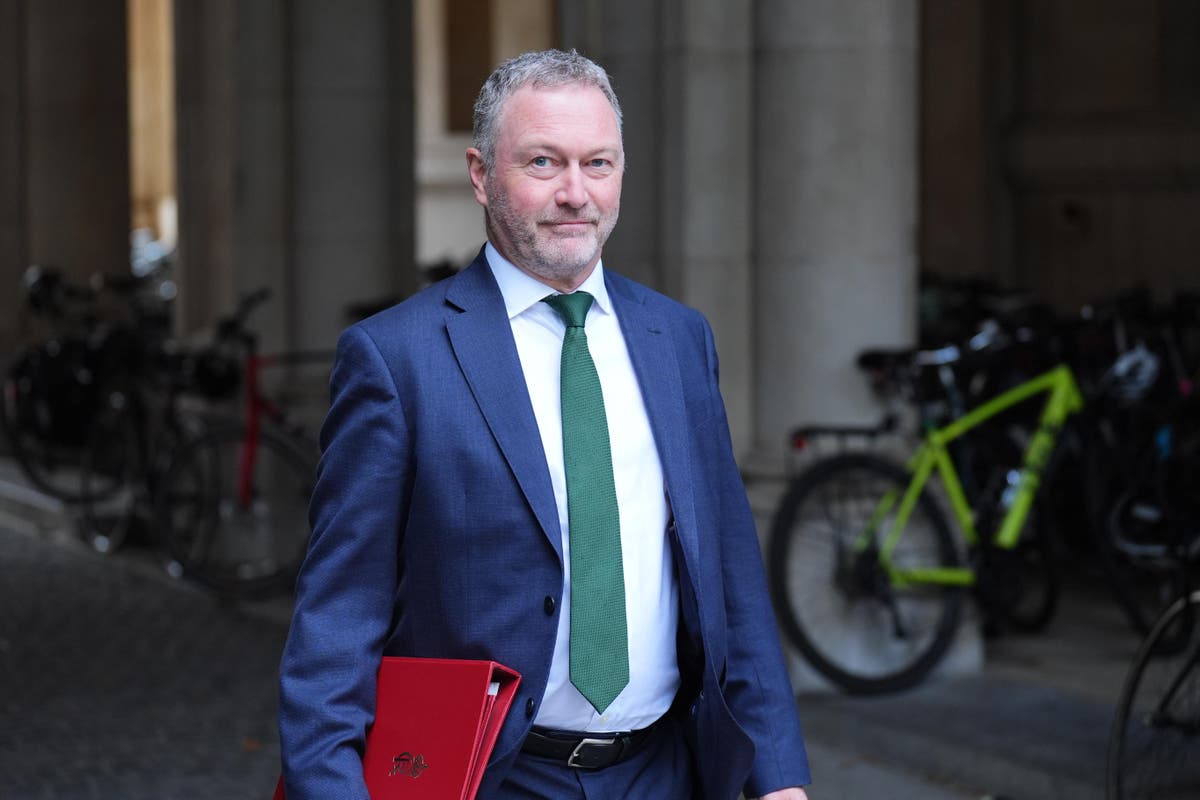It took 28 years of climate negotiations for world leaders to agree to wean the global economy from the principal source of climate change: the burning of fossil fuels.
“We’re finally naming the elephant in the room,” said Mohamed Adow, a climate campaigner from Kenya.
It happened at the tail end of the hottest year on record. The talks were led by an oil company executive, in a desert kingdom built on oil.
Why does it matter? And what does it say about a world in war, hunger and turmoil?
Here are some takeaways:
Geopolitics Didn’t Derail the Whole Thing
That is notable considering the bitter divisions among countries over wars in Gaza and Ukraine, lingering resentment over unequal access to coronavirus vaccines and tensions between the United States and China.
It was also notable given the competing energy needs of many powerful countries: petrostates like Saudi Arabia, whose entire economies run on oil money; big emerging countries like India with fast-growing energy needs; major fossil fuel producers like the United States and China that are racing to ramp up renewables.
It is a measure of the gravity of climate hazards facing both rich and poor countries. “Crises are mounting around the world, the floods, the wildfires, the impacts,” said Alden Meyer, a veteran climate summit analyst with E3G, a research and advocacy group.
“We have helped to restore faith and trust in multilateralism,” said Sultan Al Jaber, the Emirati oil executive who presided over the negotiations.
Trust Is in Short Supply, Especially Over Money
The transition away from fossil fuels, including the tripling of renewable energy like wind and solar, is impossible without vast sums of cash.
The agreement called for tripling of renewable energy by 2030. But whether that can happen depends on how much money is offered for emerging economies and low-income countries, and how soon. Those discussions were left for later, which caused diplomats and advocates to bristle
Arunabha Ghosh, chief executive of the Council on Energy, Environment and Water, a nonprofit research organization based in New Delhi, said that without effective financial tools, emerging economies that aim to expand their renewable fleet would be undermined.
“It hasn’t sufficiently raised climate ambition, held historical polluters accountable, or established effective mechanisms to finance climate resilience and a just low-carbon transition for the Global South,” he said of the summit.
Distrust between developing countries and wealthy ones were evident throughout the discussions.
While the European Union and the United States insisted on ambitious language on a fossil fuels phaseout, said Comfort Ero, president of the International Crisis Group, “their lack of concrete commitments to increase climate finance for the green transition to cleaner energy sources has left these pleas feeling insincere.”
What happens in the boardrooms of multilateral development banks will be key. There have been calls for those lending institutions, including the World Bank, to change how they loan money for energy projects.
“The road to fossil fuel phaseout lies first through massive financial flows for a huge investment in renewables,” said Avinash Persaud, an adviser to the prime minister of Barbados. “Now, we have a plan to get there. Implementing that plan requires governments and the multilateral development banks to be better, bigger and bolder.”
Watch What Happens in National Capitals
Short-term needs over the next couple of years may conflict with the ambitions laid down on paper.
The United States, for instance, is expanding its oil and gas production. Europe is building liquefied gas terminals to ensure the continent’s energy security as its supply of Russian gas dries up. China, also driven by energy security concerns, has been on a coal binge.
A key test for national governments will come in 2025, when every country is expected to set its next round of climate targets, known as nationally determined contributions.
“Whether this is a turning point that truly marks the beginning of the end of the fossil fuel era depends on the actions that come next,” former Vice President Al Gore said.
One Modest Victory for Countries on the Front Lines
For the hardest hit countries that have to cope with climate impacts no matter how quickly the transition away from fossil fuels happens, there wasn’t much at this summit.
Expect contentious debates at the next one about how to shore up money for adaptation.
But there was one important win early on: A fund was formally established to offer money to countries that have suffered irreparable economic losses and damages. The money pledged to that fund was modest: around $700 million. The United States committed $17 million, which one climate campaigner from India, Harjeet Singh, called “paltry” compared with other countries. The United Arab Emirates and Germany committed $100 million each.















































